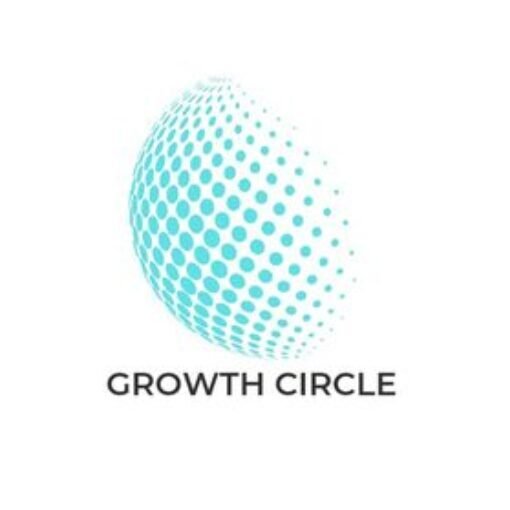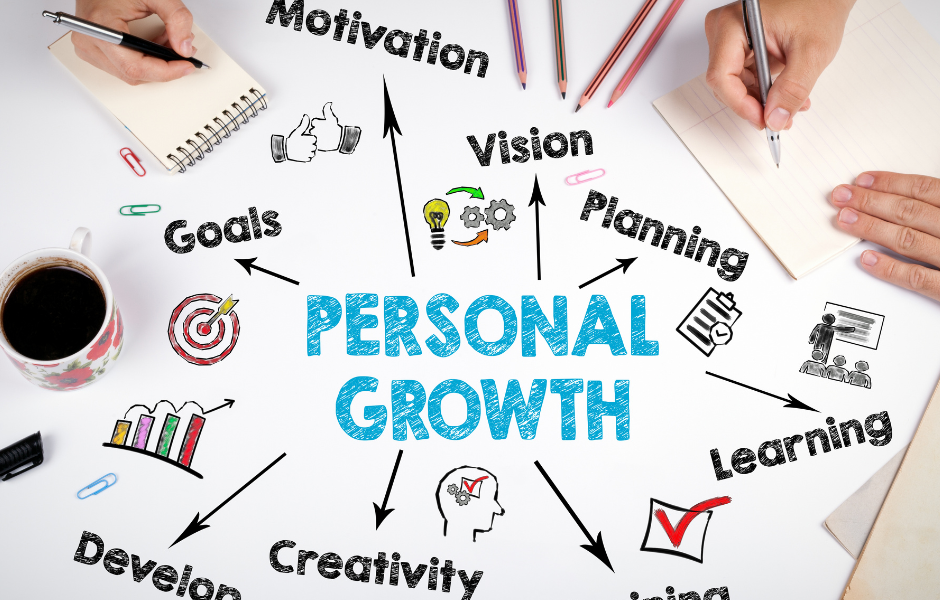Discover the keys to self-improvement and personal growth. Comprehensive guide with practical steps and tips for continuous development.
Self-improvement and personal growth are lifelong pursuits that enhance our quality of life, help us achieve our goals, and fulfill our potential. Whether you’re looking to advance in your career, improve your relationships, or simply become a better version of yourself, understanding and practicing self-improvement and personal growth can lead to a more fulfilling and successful life.
Understanding Self-Improvement and Personal Growth
Self-improvement refers to the process of enhancing one’s knowledge, skills, and attitudes. Personal growth, on the other hand, is about becoming more aware, developing one’s talents, and realizing one’s potential. Both concepts are interconnected and essential for leading a purposeful life.
The Importance of Goal Setting
Setting goals is a fundamental aspect of self-improvement. Goals give direction, motivation, and a sense of purpose. Whether short-term or long-term, setting SMART (Specific, Measurable, Achievable, Relevant, Time-bound) goals can help you stay focused and track your progress.
Developing Self-Awareness
Self-awareness entails recognizing your strengths, weaknesses, values, and beliefs. It is the foundation of personal growth. Reflective practices such as journaling, meditation, and seeking feedback can enhance self-awareness, helping you make informed decisions and grow as an individual.
Practicing Mindfulness Daily
Mindfulness involves staying present in the moment. It can reduce stress, improve focus, and enhance overall well-being. Incorporating mindfulness into your daily routine through activities like meditation, deep breathing, or mindful walking can lead to significant improvements in your mental health.
The Role of Continuous Learning
Lifelong learning is crucial for personal growth. Participating in continuous learning by reading, taking courses, and seeking new experiences keeps your mind sharp and your skills up-to-date. Embrace a growth mindset and always be curious about the world around you.
Maintaining Physical Health
Physical health is vital for personal growth. Regular exercise, a balanced diet, and sufficient sleep are crucial for sustaining energy levels and mental clarity. Physical wellness directly impacts your ability to pursue and achieve your personal and professional goals.
Prioritizing Mental Health
Mental health is equally important as physical health. Practices like stress management, seeking therapy, and building a support network can help maintain mental well-being. Prioritizing mental health ensures you have the resilience to face challenges and the clarity to make sound decisions.
Enhancing Emotional Intelligence
Emotional intelligence (EI) entails recognizing, understanding, and managing your own emotions and those of others. High EI can enhance communication, relationships, and problem-solving abilities. Developing EI includes self-awareness, self-regulation, motivation, empathy, and social skills.
RELATED POST: Best Strategies for Crisis Management
Effective Time Management Techniques
Time management involves organizing and planning how to allocate your time among specific activities. Techniques such as the Pomodoro Technique, time blocking, and prioritizing tasks can help you use your time more efficiently, reducing stress and increasing productivity.
Establishing Positive Habits
Habits are powerful tools for self-improvement. They automate behaviors and can lead to significant changes over time. Identify habits that align with your goals and gradually incorporate them into your routine.
Improving Financial Literacy
Financial literacy involves understanding how to manage money effectively. Improving your financial literacy can lead to better financial decisions, reduced stress, and greater financial security.
Advancing Your Career
Professional development is about acquiring new skills and knowledge to advance in your career. This can involve further education, attending workshops, networking, and seeking mentorship. Continuous professional development keeps you competitive and opens up new career opportunities.
Nurturing Relationships
Healthy relationships are vital for personal growth. Effective communication, empathy, and mutual respect are key components of strong relationships.
Building Resilience
Resilience is the capacity to recover from adversity. Developing resilience involves maintaining a positive outlook, learning from experiences, and being adaptable. Resilience enables you to cope with challenges and setbacks, turning them into opportunities for growth.
Fostering Creativity
Creativity is essential for problem-solving and innovation. Engage in activities that stimulate your creativity, such as art, writing, or brainstorming sessions. Cultivating creativity can lead to new ideas and approaches in both personal and professional contexts.
Exploring Spirituality
Spiritual growth involves exploring your beliefs and values, and finding meaning in life. This can be achieved through practices like meditation, prayer, or spending time in nature. Spiritual growth contributes to a sense of inner peace and purpose.
The Benefits of Volunteering
Volunteering and helping others can enhance personal growth. Giving back is a way to contribute to the well-being of others while also enriching your own life.
Creating a Personal Growth Plan
A personal growth plan outlines your goals, the skills you want to develop, and the steps you need to take to achieve them. Regularly reviewing and updating your plan keeps you focused and motivated.
Leveraging Technology for Growth
Online courses, educational apps, and virtual communities provide opportunities for learning and development. Embrace technology to enhance your skills and connect with others on a similar journey.
Embracing the Journey of Self-Improvement
Self-improvement and personal growth are ongoing processes that require commitment and effort. By setting goals, embracing continuous learning, and prioritizing your well-being, you can lead a more fulfilling and successful life. Remember, the journey of self-improvement is personal and unique to each individual.
FAQs
How can I improve my personal growth?
To improve personal growth, set clear goals, engage in continuous learning, and develop self-awareness. Prioritize your physical and mental health, and seek opportunities to build new skills and experiences.
How can I start self-improvement?
Start self-improvement by identifying areas you want to enhance, setting specific goals, and creating a plan. Begin with small, manageable steps, and gradually build positive habits.
What is the importance of personal growth?
Personal growth is essential for achieving your full potential, improving your quality of life, and finding fulfillment. It helps you adapt to changes, overcome challenges, and build resilience.
What are some personal growth examples?
Examples of personal growth include developing new skills, improving physical fitness, enhancing emotional intelligence, building better relationships, and achieving financial stability.
What are the 5 areas of personal development?
The five areas of personal development are physical, emotional, social, intellectual, and spiritual growth.
How can artificial intelligence benefit personal growth?
AI can benefit personal growth by providing personalized learning experiences, offering instant feedback, and identifying areas for improvement. AI-powered tools can help track progress and suggest resources for further development.
What are high-income skills?
High-income skills are abilities that have a high earning potential. Examples include software development, digital marketing, data analysis, and project management.
How can I maintain motivation for self-improvement?
Maintain motivation by setting clear, achievable goals, celebrating small wins, and surrounding yourself with supportive people. Regularly review your progress and remind yourself of your reasons for pursuing self-improvement.
What role does resilience play in personal growth?
Resilience is crucial for personal growth as it enables you to overcome setbacks and challenges. Building resilience helps you stay focused, adapt to change, and continue progressing towards your goals.
Resources: indeed.com




